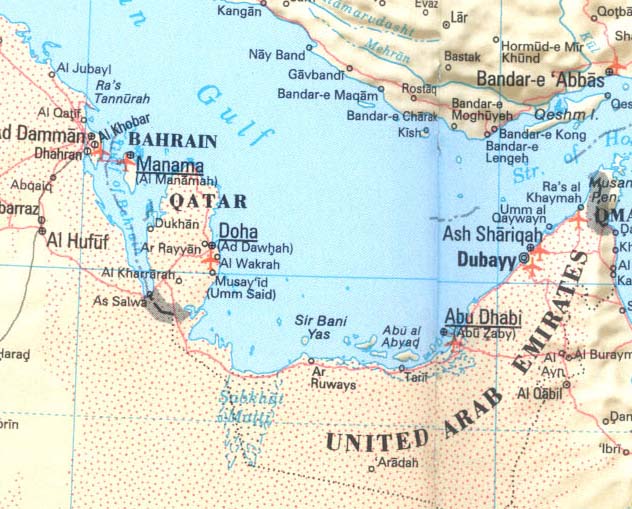from today's New York Times
Mixing Oil and Hollywood: Tribeca Festival Expands to the Persian Gulf
By LARRY ROHTER
Published: October 23, 2009
On a recent trip to the Persian Gulf state of Qatar, Geoff Gilmore, chief creative officer for Tribeca Enterprises, visited a local luminary to talk up the inaugural Doha Tribeca Film Festival. “This is going to be one of those New York programs, isn’t it?” Mr. Gilmore remembers the man asking skeptically.
Well, yes and no. There is no denying the company’s New York origins. But when the festival opens next week in Doha, Qatar’s capital, with Robert De Niro, Tribeca’s co-founder, expected to be among those present, its slate of 31 movies will reflect months of effort to strike just the right multicultural tone and mix of Arab and Western films.
“People may have thought this was going to be a one-way exchange, Tribeca bringing films to the Gulf, but that couldn’t be further from the truth,” said Mr. Gilmore, who joined Tribeca this year after 19 years at the Sundance Institute and festival. “We look at this as an equal relationship.”
The Doha Tribeca Film Festival is the latest example of a cinematic phenomenon in the Persian Gulf region. Dubai started things off in 2004 and will be holding its sixth festival in December. Abu Dhabi has two festivals. Even Saudi Arabia, where many Islamic clerics regard film and music as the Devil’s handiwork, has modest festivals in Khobar on the Gulf coast and across the peninsula in Jeddah.
more ...
from today's Peninsula
Arab filmmakers face apathy and lack of understanding
By Raja Abdulrahim
When Zahra, 40, began making indie films after graduating from film school at the University of California, Los Angeles, he was confident he would find support, both financial and consumer, among the Middle Eastern and Muslim communities of the United States. These, after all, were two intersecting communities that often complained of their portrayal in Hollywood movies as mostly fanatical terrorists.
But that support has yet to fully materialize. For many in these communities, Zahra said, a project must proselytize or match their personal views to warrant investment or even the purchase of a movie ticket or DVD.
At this weekend’s Arab Film Festival in Los Angeles, Zahra Pictures will co-present “Help,” a Lebanese film portraying a prostitute and a gay character. Each movie in the festival is being presented in concert with local Arab groups. But most shied away from being connected with “Help” because of the controversial story.
Michel Shehadeh, director of the festival, which also plays in other California cities and features films from across the Middle East, Europe and the United States, said the challenges faced by Zahra and “Help” are common.
“In terms of art, if they don’t think of it as bad, they think of it as wasting their time,” he said. “So they don’t encourage their kids to go into it because they don’t think of it as a moneymaker.”
Support has been piecemeal, at best, for a variety of reasons that Zahra says includes conservative values suspicious of what might be portrayed and a lack of appreciation for the role of film and theater in molding public perception.
full article



